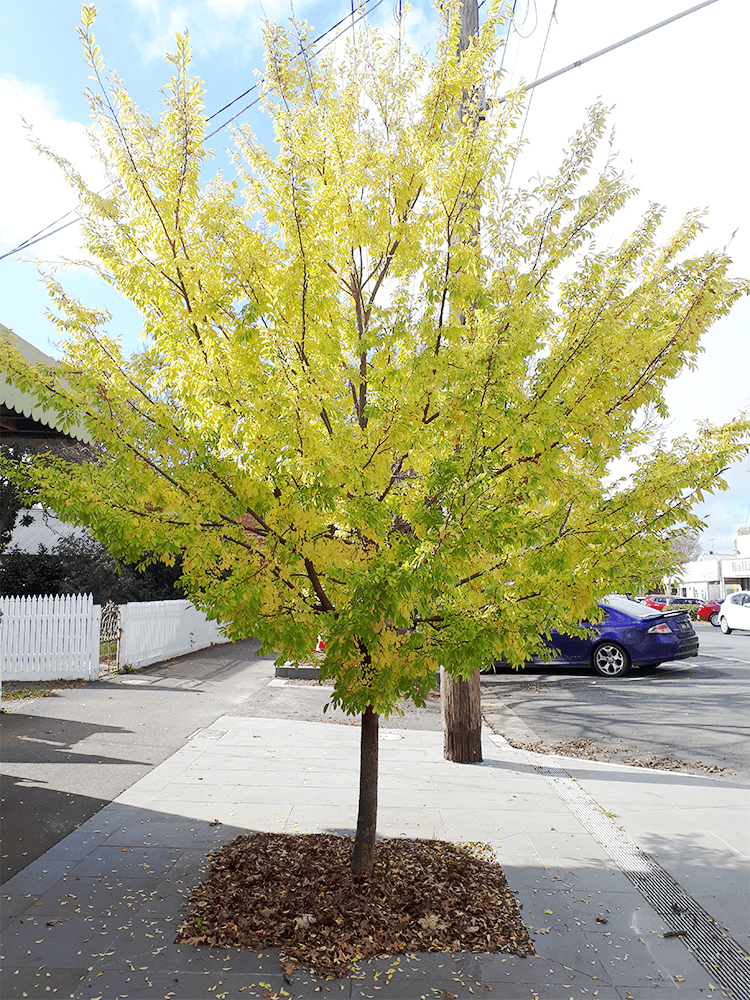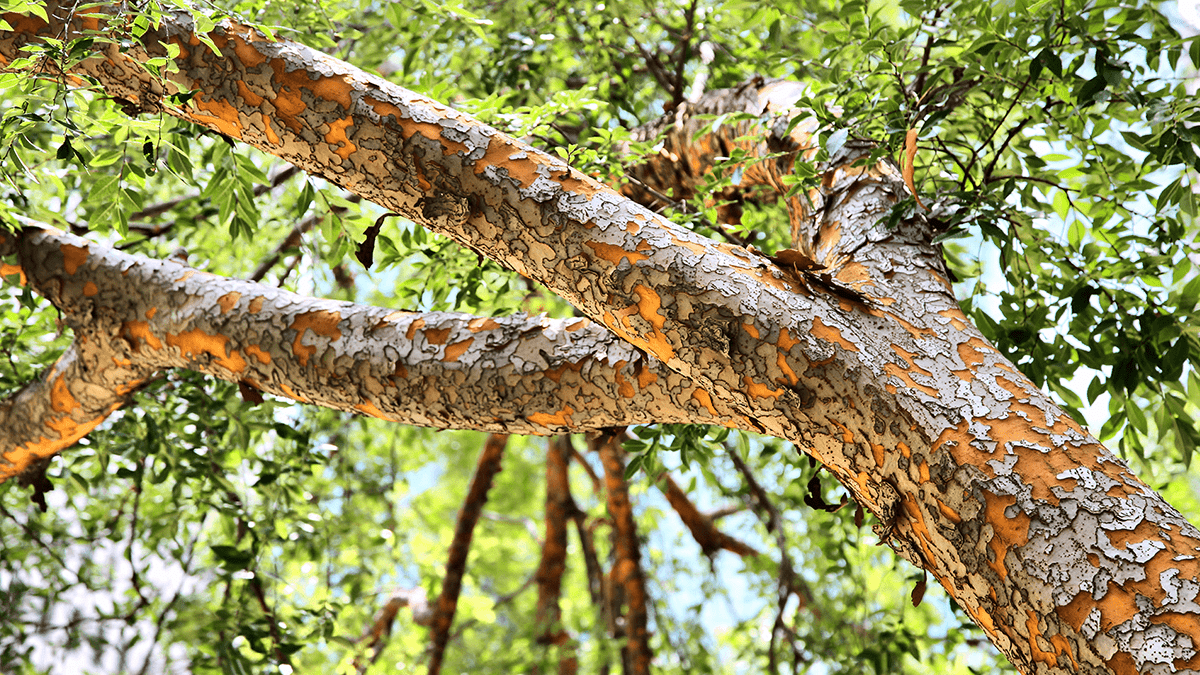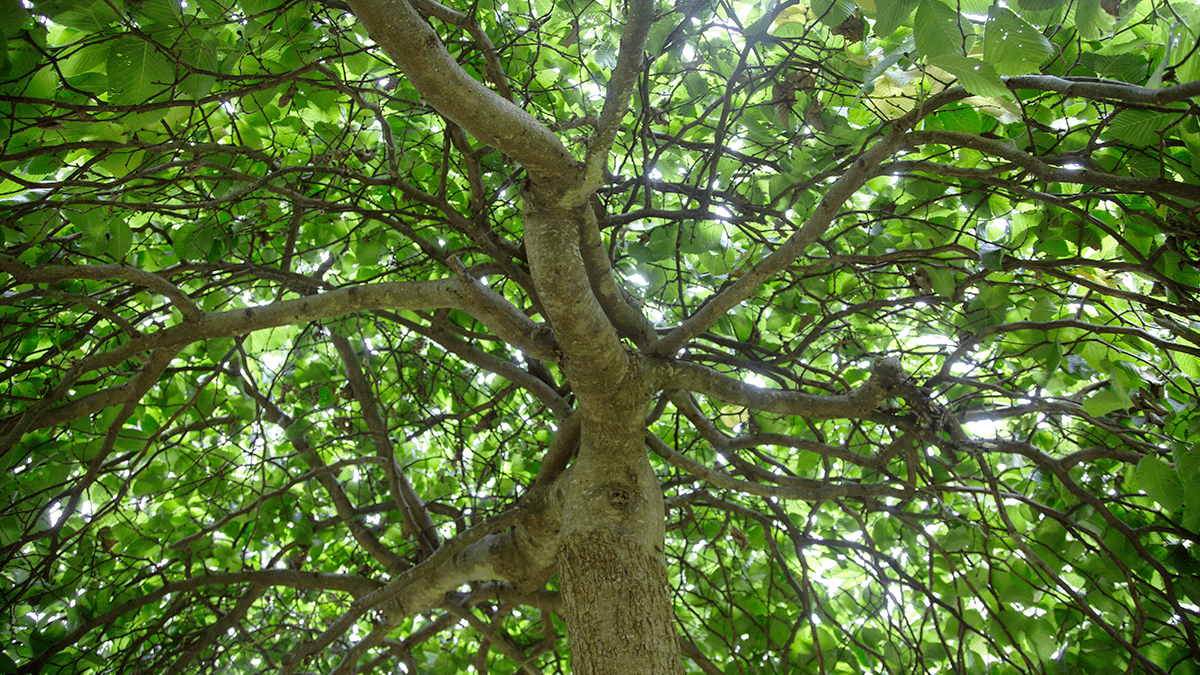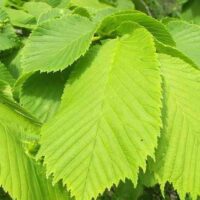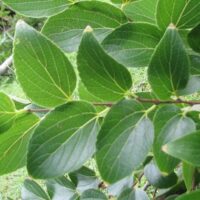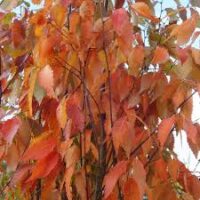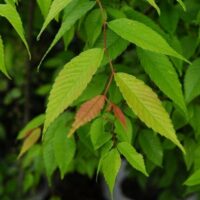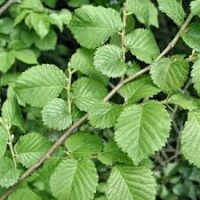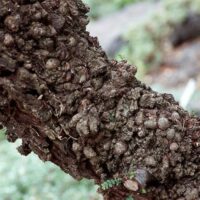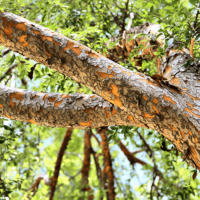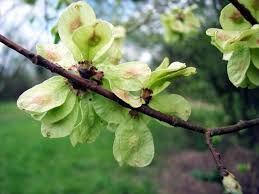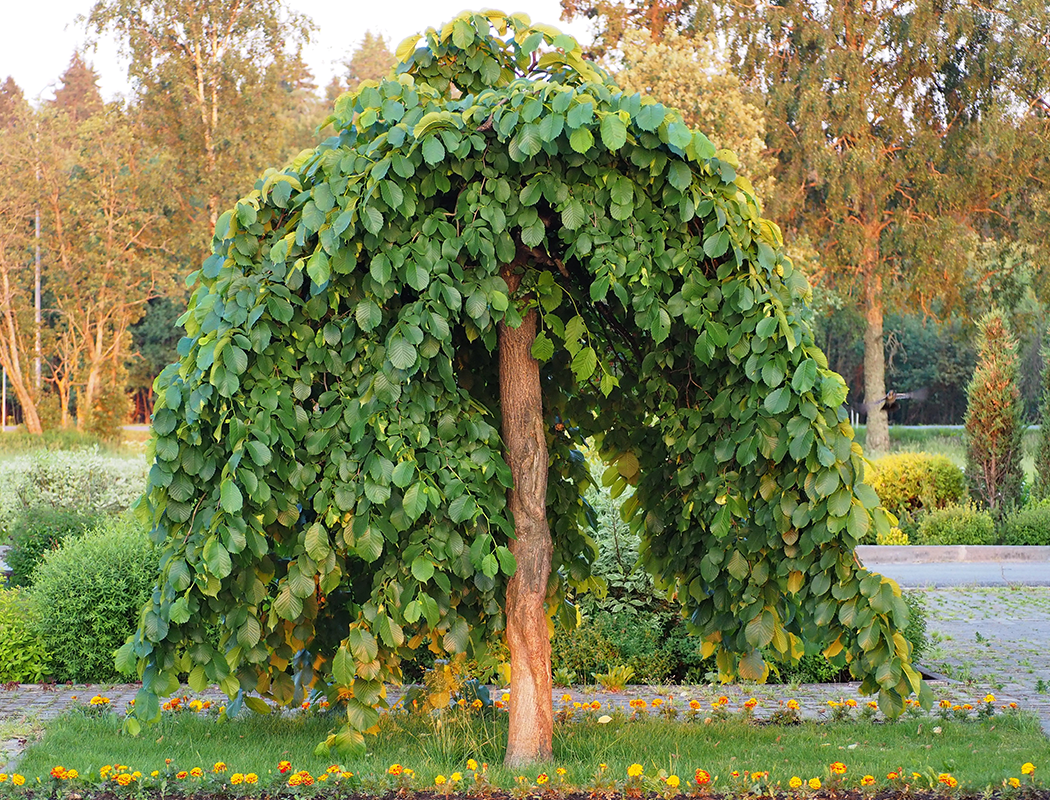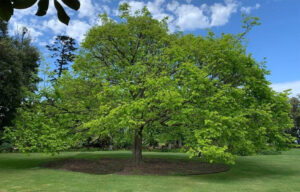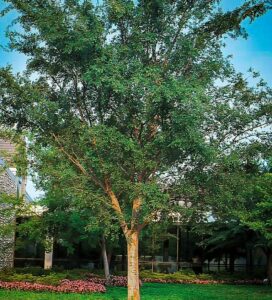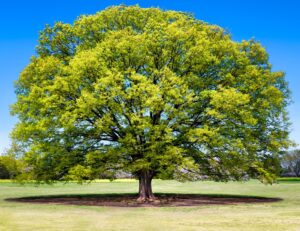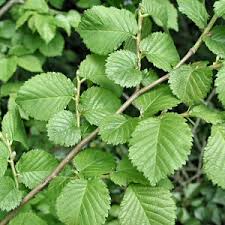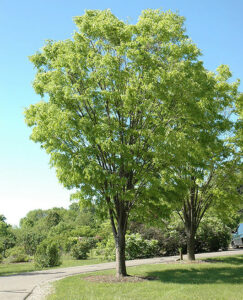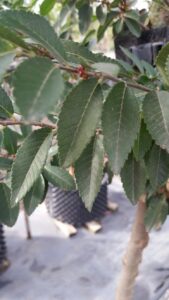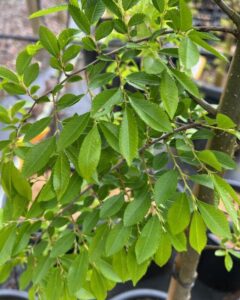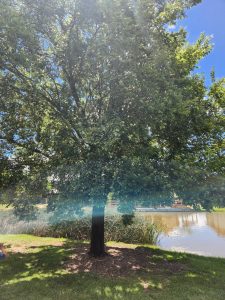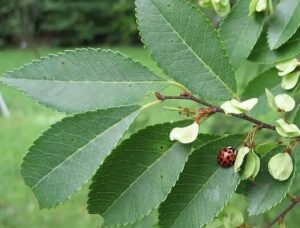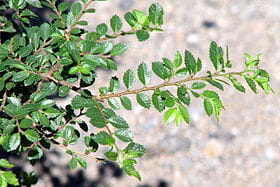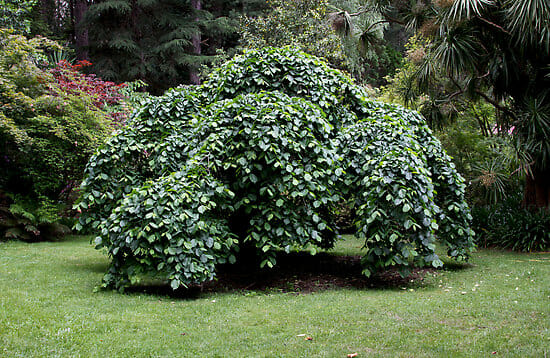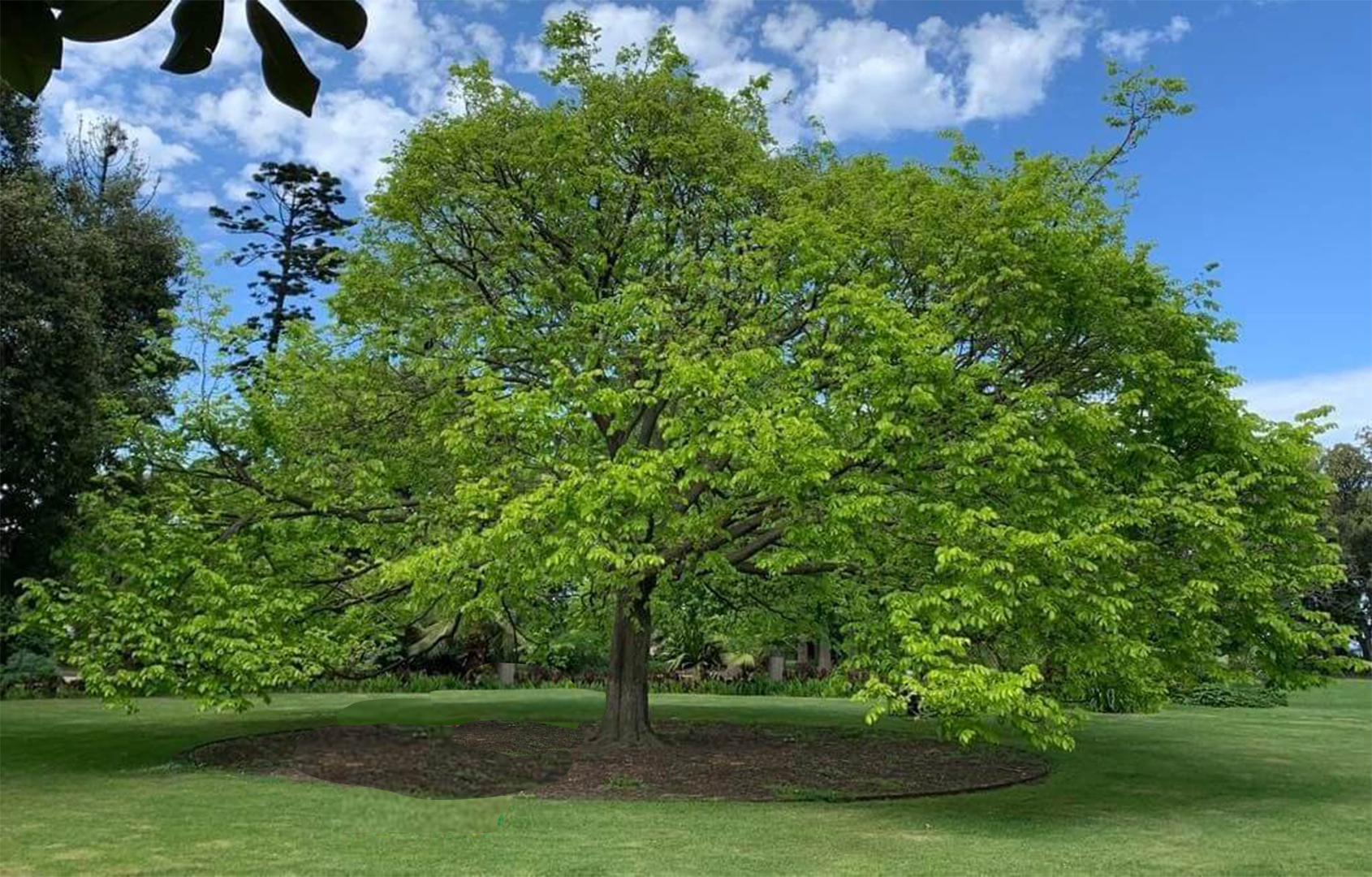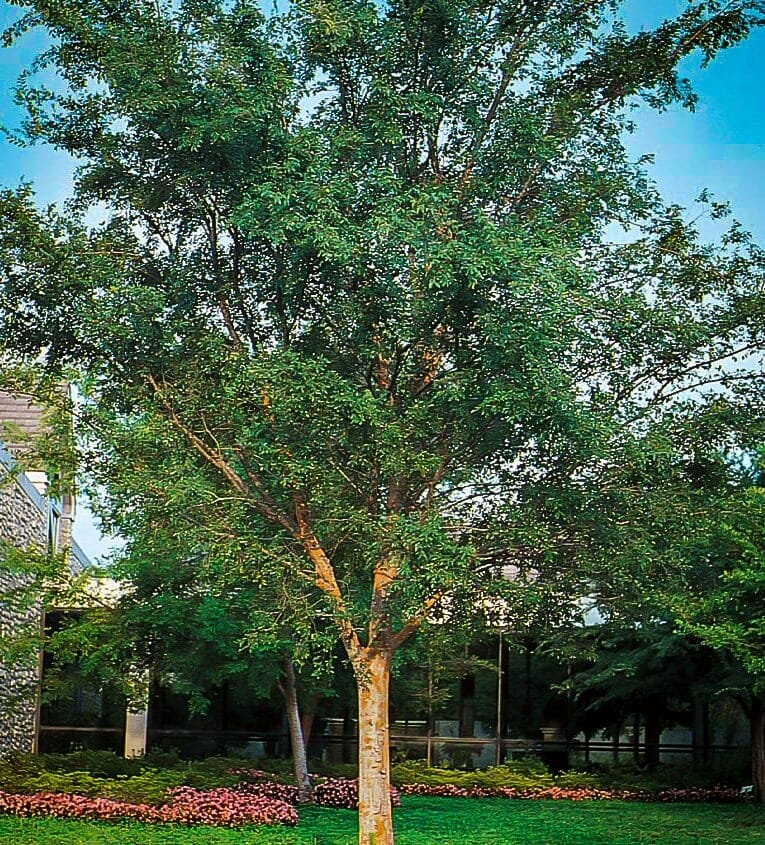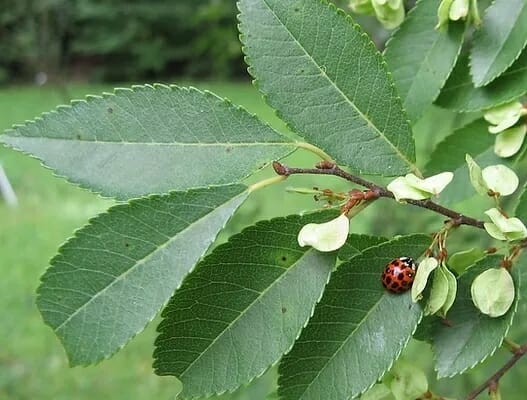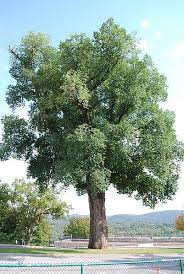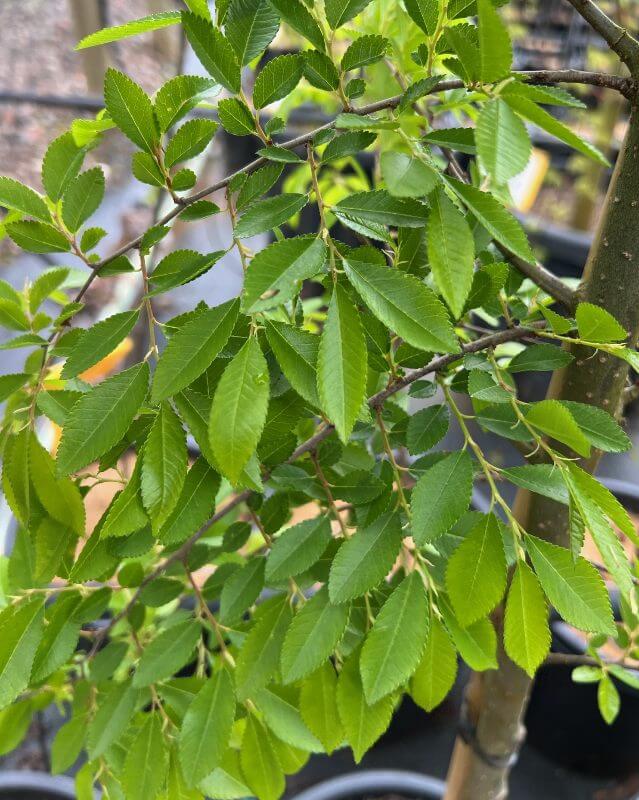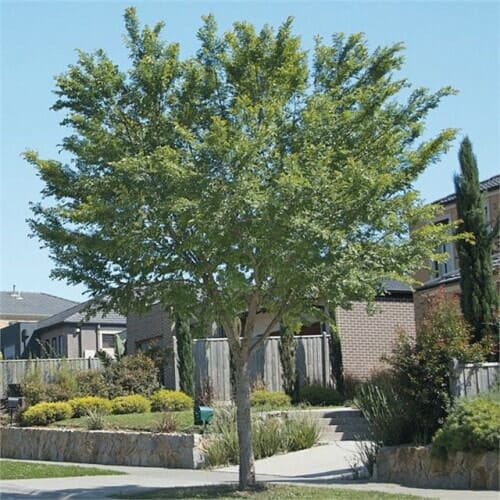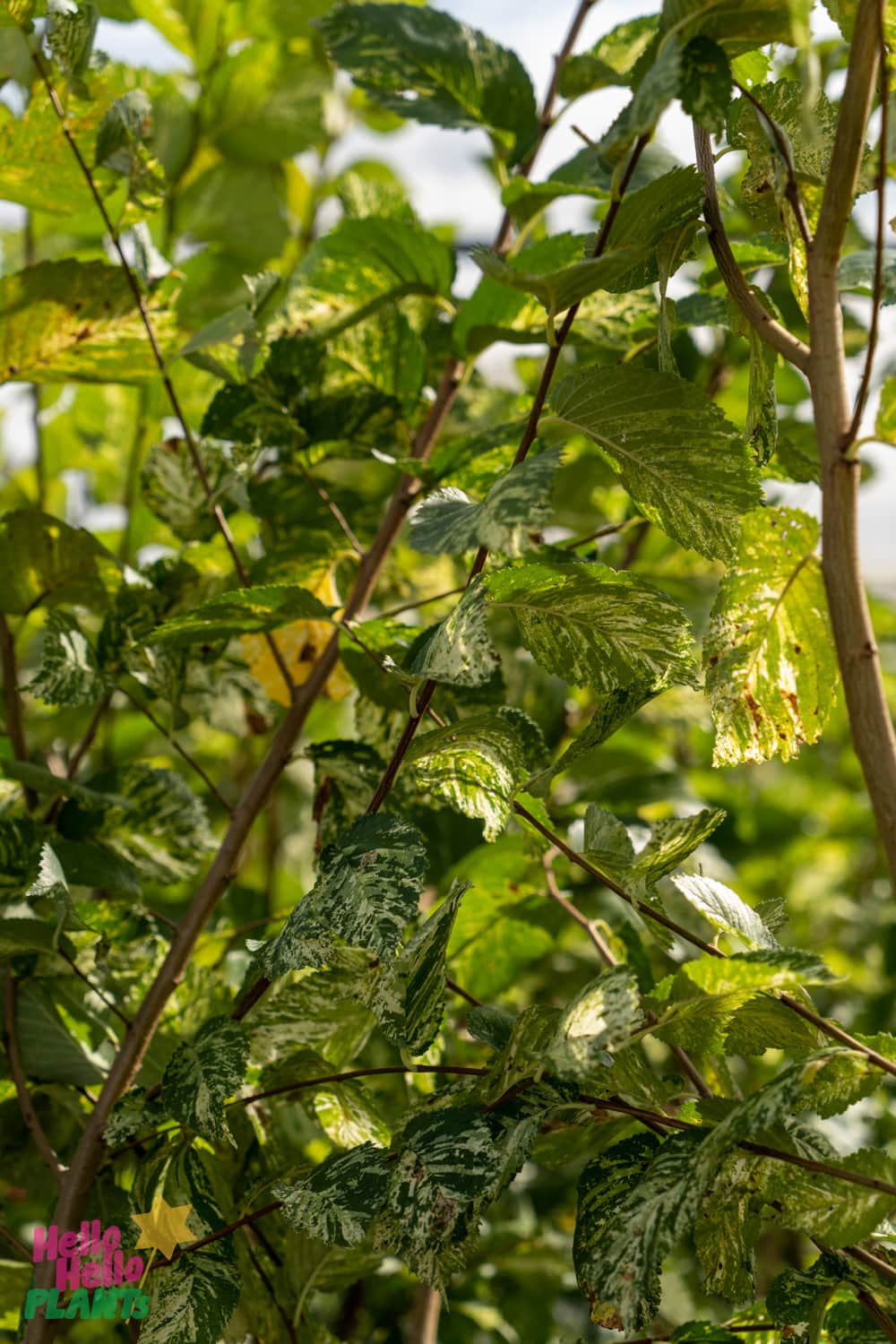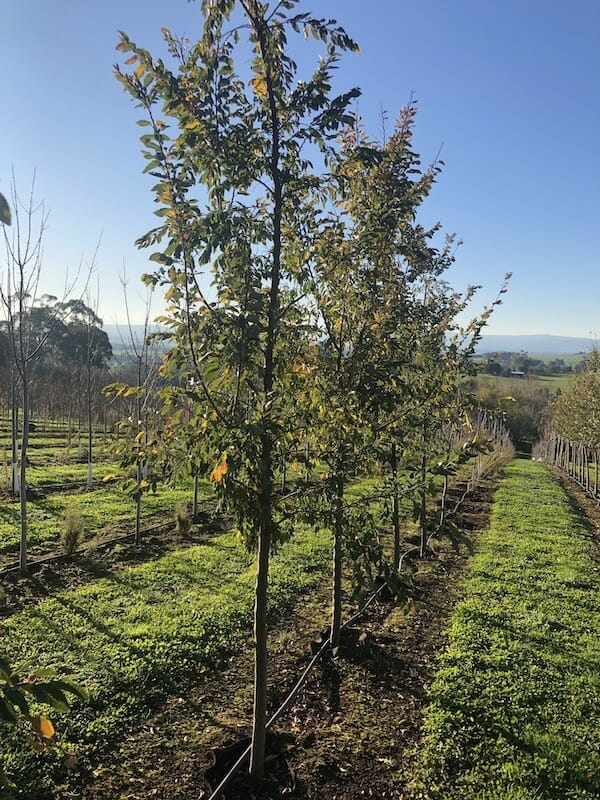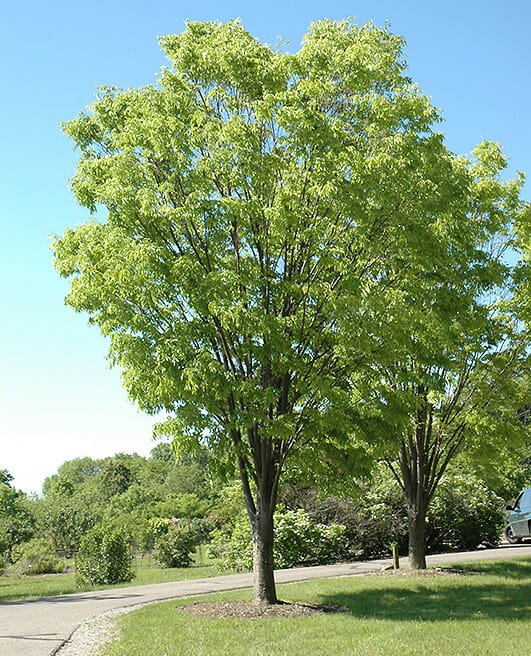Elms are stately upright trees with a rounded or vase-shaped habit, some reaching a whopping 30 metres in height! But many only grow and can be kept between 5-8m tall, some available as grafted weeping trees that grow no taller than 2.5m! Perfect for urban planting. These trees are especially useful as specimen trees in parks & gardens, for avenue or driveway planting and for screening and shade. Their rich green foliage turns a variety of gold, bright yellow and bronze, oranges and reds during autumn. They are also one of the longest holding, maintaining their foliage into late autumn when most other trees have lost theirs. The leaves of the elm can vary, some specimens displaying broad shady leaves whilst others produce a fine, lacey foliage. In fact the fine foliage of the Chinese Elm makes it a wonderful specimen for bonsaiing.
Elms are generally quite hardy and tolerant of a variety of conditions from full sun to frost. The parvifolia or Chinese Elm varieties tend to be semi-deciduous meaning in some warmer climates they won’t lose their leaves in the autumn and winter.
Plant Type: Tree
Uses: Feature, Standards & Topiary, Shade Tree, Avenues, Driveway
Garden Types: Lush & Leafy, Cottage, Woodland, Japanese, Courtyard
Care
Sun Requirements: Full sun or part shade position
Water Requirements: Water well in poor soils until established. Relatively self reliant once established.
Soil Requirements: Prefers a well drained mildly acidic soil but will tolerate a wide range of soil types including sandy and clay as well as alkaline.
Fertilizing: Will only require a general fertilizer whilst it establishes itself. Use fallen leaves as mulch.
Pruning: Usually self shaping so only required to reduce size. Elms can sucker if roots are damaged around the base. Remove any suckers that appear next to or around base of trunk.
Tolerances: Frost, drought, sun, pollution
Diseases & Pests: Beetles, Dutch Elm disease (can be carried by beetles), fungi
Key Features
Flower: Inconspicuous, sort of a fluffy tassel and will only appear in spring and summer.
Foliage: Generally round, slender or elliptical with serrated edges. Size ranges from small fine foliage to broad approximately 10cm leaves. Golden to deep green with generally orange, red and yellow autumnal colour.
Bark: Deep ridges to a gorgeous mottled texture. Chinese Elms in particular are prized for their unique bark texture, with grey-brown patches on red undertones.
Edible: N/A
Toxicity: N/A
Attracts: Birds, Insects
Available Elms on sale now
-
-
-
-
-
-
-
-
-
-
-
Umus ‘Reflection’ PBR Chinese Elm 45L
0 out of 5 0$249.99Original price was: $249.99.$169.99Current price is: $169.99. -
Which Elm To Choose?
With such a wide variety of Elm, it’s important you choose the right one for the right spot! Check out the brief descriptions of each below and then quickly compare them on our comparison table at the end.
For more, in depth care instructions, go to Additional Information on the individual product pages.
Ulmus ‘Weeping Elm’
This variety of elm is popular in urban gardens as it is a grafted variety, producing a broad, dense weeping canopy, broad enough to sit under! They are spectacular little trees for the kids to play under and make a truly wonderful feature plant.
Ulmus ‘Golden Elm’
Spotted throughout rural Victoria and occasionally along Melbourne streets, the Golden Elm is a large, stately tree. New growth is a gorgeous and vibrant lime-yellow, gradually turning to a light green in summer and finally to bright yellow in autumn.
Ulmus ‘Chinese Elm’
The Chinese Elm is mostly popular due to its unique mottled bark. Rough swatches of brown speckle the trunk with a rust undertone that truly stands out in winter. The lacey fine foliage remains a dark green until late autumn where it fades to yellow before falling.
Ulmus ‘Seiju’ Chinese Elm
This particular variety of Chinese Elm is particularly good for Bonsai as it is a dwarf variety. ‘Seiju’ have finer foliage than its older sibling and is particularly resilient against Dutch Elm disease.
Ulmus ‘Reflection’ PBR Chinese Elm
The ‘Reflection’ PBR Chinese Elm is a newer variety with glossier, finer leaves and a dense canopy. In autumn the leaves turn orange, bronze and yellow before falling.
Ulmus ‘English’ Elm
The English Elm is a large specimen tree, usually used in parks, rural gardens and acreages. Its large serrated foliage creates wonderful shade and it can tolerate most soil conditions.
Ulmus ‘Murray’s Form’ Chinese Elm
The ‘Murray’s Form’ variety of Chinese Elm is a wider growing variety with branches that gradually ascend rather than droop. This particular specimen is perfect for street planting and as a shade tree. Its fine green foliage turns yellow in the autumn.
Ulmus ‘Todd’ Chinese Elm
The ‘Todd’ Chinese Elm has an upright, vase shape habit with branches that gradually weep as it matures. The ‘Todd’ has smooth bark that, when it matures gets the iconic Chinese Elm flaky bark with colours of greys, rusts and cream.
Ulmus ‘Silver Variegated Elm’
This variety displays large, broad leaves like that of the Golden Elm or English Elm. However the leaves are speckled with yellow-silver! In the autumn this unique foliage turns yellow and then falls.
Ulmus ‘Inspire’ PBR Chinese Elm
‘Inspire’ PBR Chinese Elm have the classic fine green foliage but grows much more narrower than the other varieties. This makes it an ideal specimen for driveway, avenue and street plantings.
Zelkova ‘Japanese Elm Tree’
The Japanese Elm is not so dissimilar to the Chinese Elms in that they exhibit the same fine green foliage that turns to yellow in the autumn. Japanese Elms tend to have longer leaves and their bark becomes fissured rather than mottled when they mature.
Zelkova ‘Green Vase’ Japanese Elm
Just as the name suggest, the ‘Green Vase’ Japanese Elm grows into an upright habit creating a beautiful ‘V’ shape. This particular variety is ideal for streetscapes as the upward facing branches avoid tall vehicles whilst also providing shape and colour.
Still having trouble deciding which Elm is right for your job? Check out our quick comparison chart below!
| Uses | Autumn Foliage | Summer Foliage | Max. Size | |
|---|---|---|---|---|
|
| Yellow, brown | Dark green | 4m x 5m |
|
| Yellow | Lime green | 10m x 12m |
|
| Yellow | Dark green | 13m x 10m |
|
| Yellow | Green | 3m x 3m |
|
| Orange, bronze, yellow | Glossy green | 9m x 9m |
|
| Golden yellow | Green | 16m x 11m |
|
| Yellow | Green | 10m x 8m |
|
| Yellow | Green | 10m x 11m |
|
| Yellow | Green & silver speckled | 20m x 13m |
| ‘Inspire’ PBR |
| Yellow | Green | 10m x 4m |
|
| Yellow | Green | 12m x 10m |
| ‘Green Vase’ |
| Yellow | Light green | 14m x 10m |




